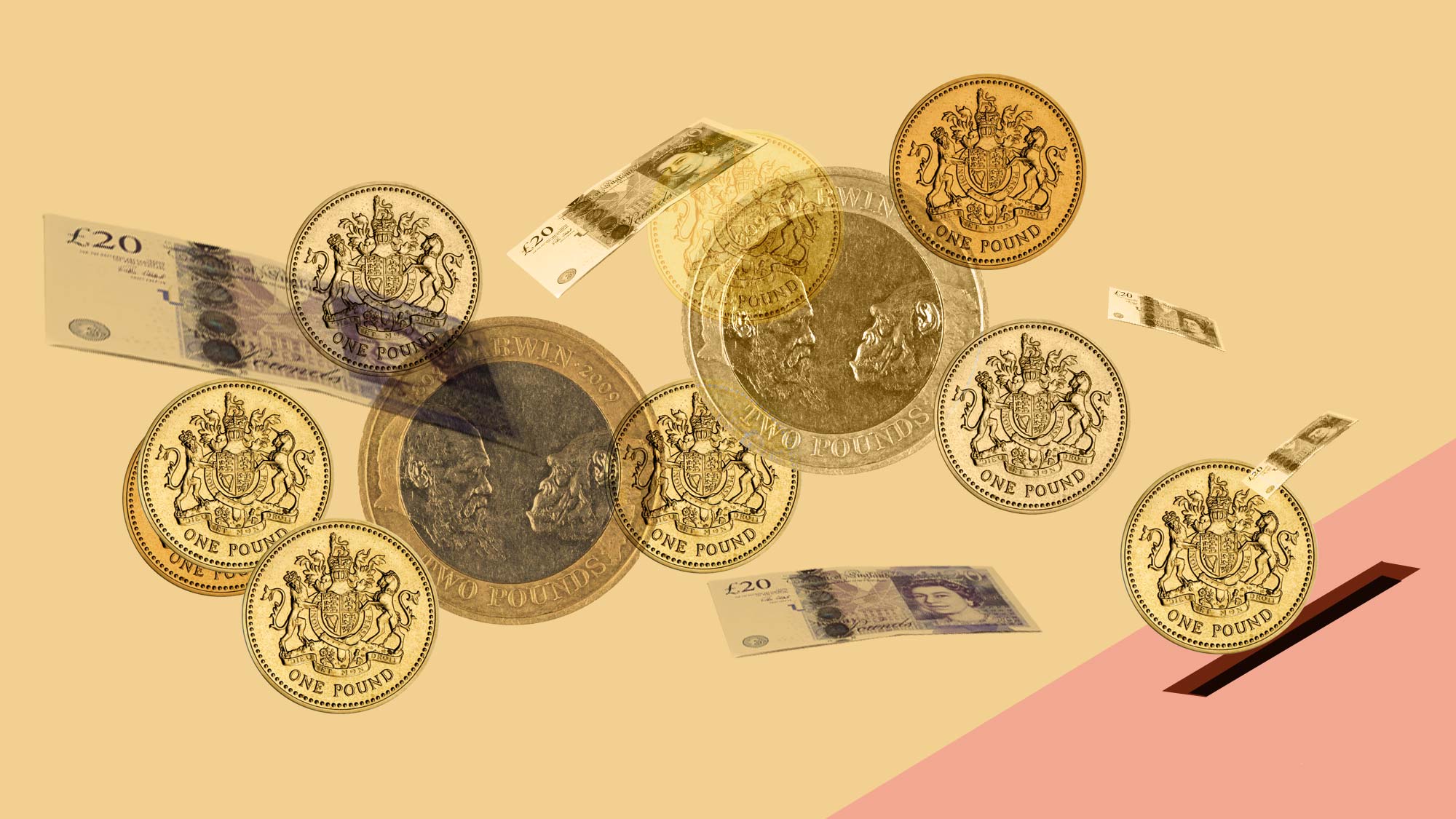How going green can actually save you money
Want to be kind to the planet AND save some cash? Here's five savvy ways to up your green credentials

Want to be kind to the planet AND save some cash? Here's five savvy ways to up your green credentials
We all know that the consumer and investment choices we make have a significant impact on the environment, but what’s good for the planet isn’t always good for our wallet, right? Surely, going fully green only puts us in the red? Not so fast. Contrary to popular belief, living sustainably and saving money aren’t mutually exclusive. Here are five ways to make a positive difference to the climate crisis without breaking the bank…
1 Electric dreams
Nothing beats taking public transport – or, better still, walking to work. But if you do need to use a car, follow Norway’s example and get with the electric revolution. Almost half of all cars sold in the first six months of 2019 were powered by fully electric engines, according to the Norwegian Road Federation. In the UK, only around 50 per cent of electricity is generated by renewable sources, but electric vehicles (EVs) are still the greener option, explains Professor Jillian Anable of the Institute for Transport Studies at the University of Leeds. Yes, the upfront costs are greater, but Professor Anable claims prices are falling all the time and you could even receive a government grant towards the cost. ‘Buyers should also factor in the reduced running costs – around 4p per mile compared to 15p per mile for a family petrol or diesel car. And most EVs are exempt from car tax and the congestion charge.’
2 Waste not
Food waste is responsible for a whopping 8 per cent of global greenhouse gas emissions, says Libby Peake, senior policy adviser at Green Alliance. ‘The average UK family puts about £700 worth of food straight into the bin each year,’ she adds. Thankfully, there’s plenty we can do to reduce this, such as batch-cooking and freezing, planning meals in advance and only buying what you can use before a product expires. For more tips, visit lovefoodhatewaste.com.
3 Mind how you shop
Another way to cut food waste is by making more mindful purchases. Using an app such as Giki, which scans a product’s barcode to assess its sustainable, health and fairness credentials, could make you think twice about what you put in your basket – and help you source low-carbon and better packaging options (often the cheaper alternative). Giki’s founder Jo Hand also suggests: ‘Pick up a reusable water bottle for under £5, which could save you over £100 a year.’ (On average, we each buy 150 single-use plastic water bottles per annum.)
4 Green, not clean
Disposable fashion has had a bad rap of late, and rightly so – but splashing out on pricier labels isn’t always the answer to greening up your wardrobe. Dr Mark Sumner, a sustainability, retail and fashion expert at the University of Leeds, carried out tests on the durability of garments and found some fast fashion pieces lasted longer than high-end alternatives. If you really want to dress more sustainably, it’s all in how you look after your clothes, says Sumner. ‘If you can make garments last for longer you’re reducing your overall carbon and water footprint. Only wash clothes when they need it, and at no more than 30 degrees, and avoid tumble drying. Not only will you extend their lifetime, you’ll also save money in terms of water, energy and washing powder use.’
5 ‘Saving’ the planet
Get this – moving your savings to sustainable funds can be 27 times more efficient to lowering your carbon footprint than reducing your shower by two minutes each time, taking one less international flight per year, taking the train instead of the car and eating a maximum one piece of meat each week combined*.
Marie Claire Newsletter
Celebrity news, beauty, fashion advice, and fascinating features, delivered straight to your inbox!
*According to research by Nordea (nordea.com/en/sustainability/sustainability-news/Use-your-savings-to-lower-your-carbon-footprint.html)
The leading destination for fashion, beauty, shopping and finger-on-the-pulse views on the latest issues. Marie Claire's travel content helps you delight in discovering new destinations around the globe, offering a unique – and sometimes unchartered – travel experience. From new hotel openings to the destinations tipped to take over our travel calendars, this iconic name has it covered.
-
 Selena Gomez has re-entered the conversation about her 'Emilia Pérez' criticism
Selena Gomez has re-entered the conversation about her 'Emilia Pérez' criticismBy Jenny Proudfoot
-
 I'd never run a marathon before - six years on, I'm one of the UK's fastest female marathoners. Here's how I train every week
I'd never run a marathon before - six years on, I'm one of the UK's fastest female marathoners. Here's how I train every weekSerious inspo, served.
By Ally Head
-
 There’s a big difference between sensitive and *sensitised* skin—here are four derms on the key distinctions
There’s a big difference between sensitive and *sensitised* skin—here are four derms on the key distinctionsPlus, ways to approach both
By Denise Primbet